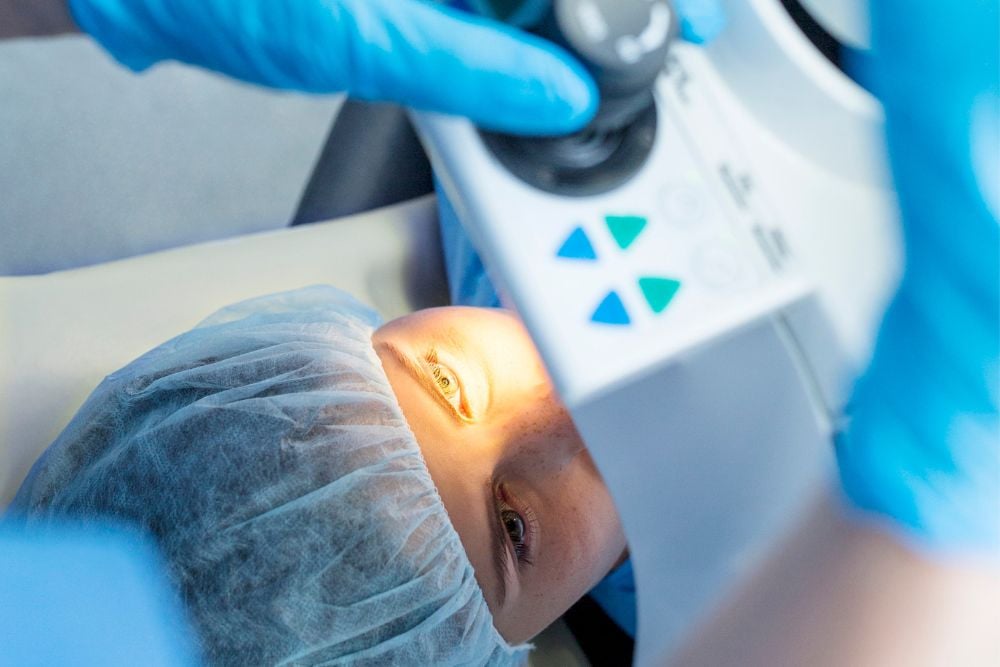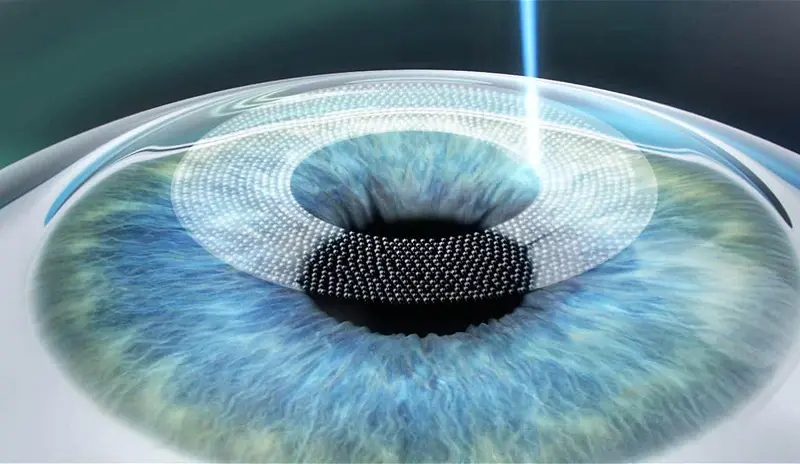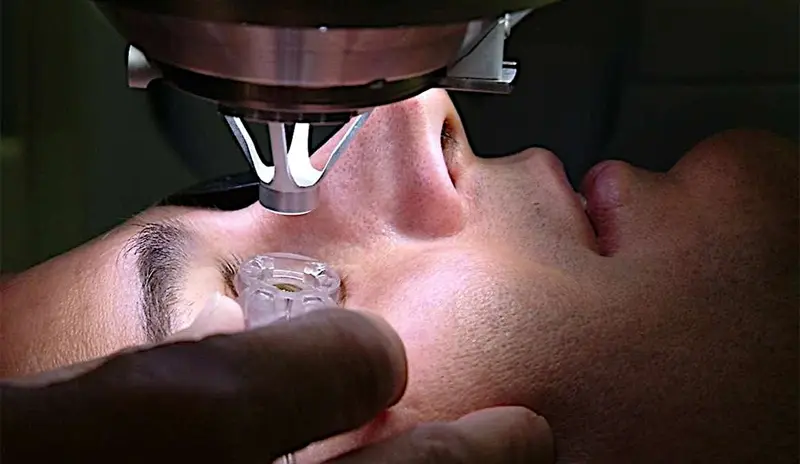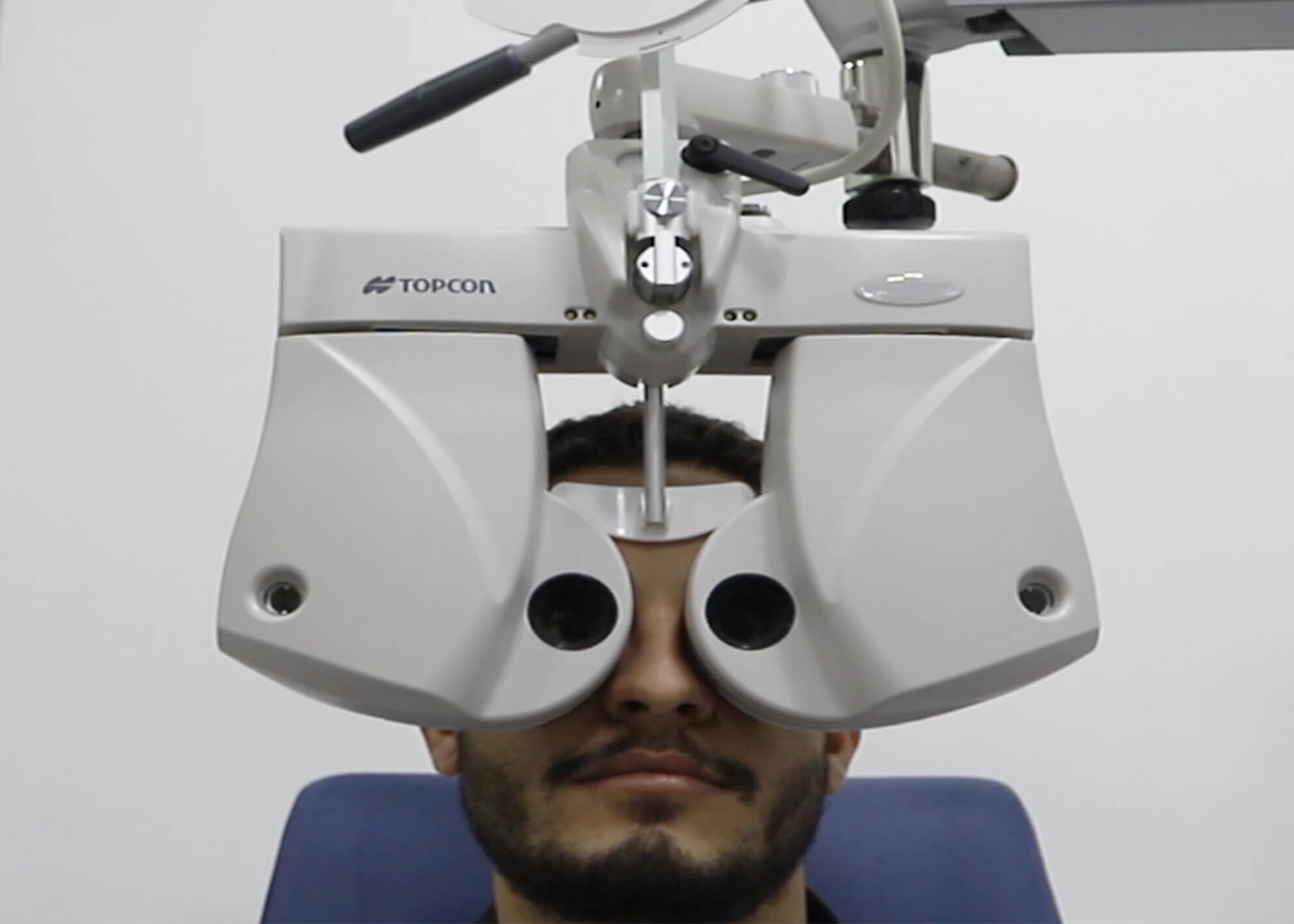Laser and Refractive Surgery at Eye Clinic DRHC Dubai
Tired of wearing glasses or changing contact lenses?
We have the most recent and safest techniques/procedures that our doctors are currently using to eliminate the errors of refraction. These errors include myopia, hyperopia, or astigmatism.
There are two types of refractive surgeries, The decision of which will be done depends on the preoperative assessment and investigations that our doctors will do for you prior to the procedure.
The first technique is using an excimer laser to modify your corneal curvature (reshaping of the cornea) and hence fix the error of refraction. The second is done using intraocular lens implantation.
Stay reassured that our doctor will take the right decision for you and for your eye health.
Femto Lasik /Lasik
Lasik is a commonly performed eye procedure that reduces your dependency on glasses or contact lenses for the correction of myopia, hypermetropia, and astigmatism. Lasik permanently changes the curve of your cornea, which is the clear covering of the front of your eyes, using an excimer laser beam.
About the Procedure :
Luckily it is an outpatient procedure that requires around 15 minutes, done with topical anesthetic eye drops. A lid speculum will be applied to keep your eyes open. You will be asked to fix your eyes centrally and just relax while the doctor is making a flap in your cornea which will be followed by pulses of excimer laser applied to the underlying surface to reshape your corneal surface and correct the error of refraction. The good news is that no stitches are required to fix the flap later as it heals spontaneously.
Am I a good candidate?:
If you are
- 18 years old or above
- No recent frequent change of your glasses or contact lenses,
- not taking any medications that might delay the healing process like steroids.
- not suffering from any eye disease which can be a contraindication such as previous eye injury or glaucoma. Then, you would absolutely be an ideal candidate and eligible for the Lasik procedure.



.jpg)

-1.jpg)




.png?width=281&height=59&name=bookanappointment%20(1).png)






